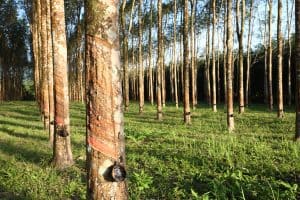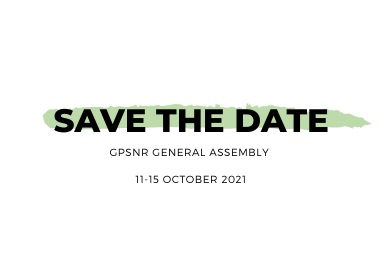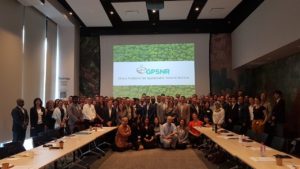
Secretariat Update – November 2019
About BCSD Singapore Ltd
Since its inception, GPSNR was in the need of a host and BCSD Singapore Ltd. was chosen because its mission is very much aligned with that of GPSNR. From October 2018, BCSD Singapore Ltd. acted as the legal entity under which GPSNR operations were conducted. This role was formalised with the approval of GPSNR’s Statutes in March 2019. The services provided to GPSRN were about all administrative aspects of the platform which include but not limited to invoicing, accounting, procurement, and HR services.
About WBCSD Asia Pacific Ltd
WBCSD Asia Pacific Ltd. has been established as a non-profit legal entity in Singapore in January 2019. This entity is an affiliate of WBCSD and its purpose is to support more effectively global WBCSD Members and projects in the region. With a regional office in Singapore, WBCSD is in a better position to understand regional and national specificities, business priorities and practices, political and regulatory landscape and learn from cultural diversity and perspectives of local communities.
What will change ?
- This transition will not result in any changes of the day to day activities of GPSNR.
- The organizational and governance structure of the platform remains the same as decided in the last General Assembly.
- Future incoming and recurring GPSNR membership would be invoiced through WBCSD Asia Pacific Ltd (instead of BCSD Singapore Ltd) as of 1st December, 2019.
- WBCSD Asia Pacific Ltd would act as the legal entity and host for the Global Platform for Sustainable Natural Rubber (GPSNR) as of 1st December, 2019 until the platform decides to change hosting or create its own legal entity.
If you have any questions on the transition, please contact GPSNR Director, Stefano Savi (stefano.savi@gpsnr.org).





